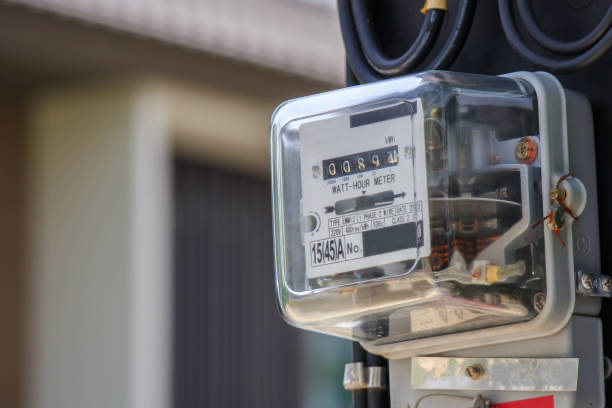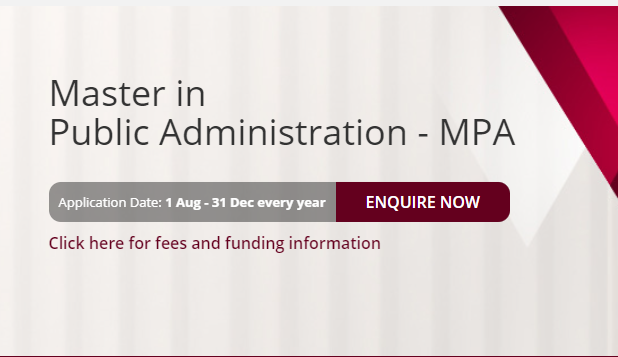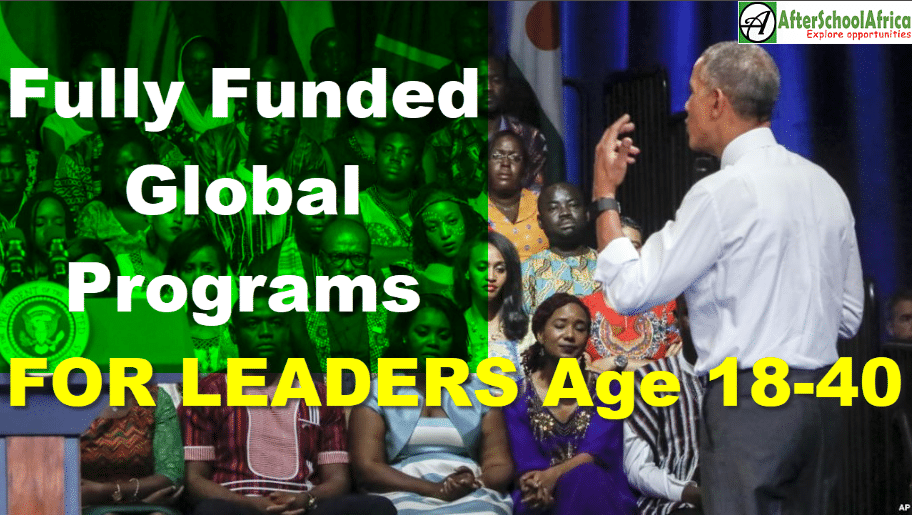Place your adverts here on InfoDig @ low rates; banner ads, sponsored links and guest articles etc. Contact us
The Director-General of the National Information Technology Development Agency (NITDA), Kashifu Inuwa, has said that Africa must be fully involved in the regulation of Artificial Intelligence (AI) to ensure that the technology is not tilted towards the interests of the advanced nations.
Inuwa stated this on Thursday while presenting a keynote for Day 3 of the Nigeria Finech Week 2024.
According to him, Africa’s participation in AI regulation and governance is crucial to ensure that AI serves the interests of all humanities, not just the privileged few.
The NITDA DG, who was represented at the event by the Director of Standard, Regulation and Framework at the Agency, Mr Emmanuel Edet, noted that AI is not just another technology but a paradigm shift that promises to reshape every aspect of people’s lives, from healthcare education to agriculture and even governance.
Proactive measures
Inuwa asserted that despite the transformation power of AI, it also comes with unique challenges that require careful consideration and proactive measures.
“As we witness the rapid deployment of AI technologies, primarily in the Global North, it is crucial that we, the nations of Africa and the Global South, assert our place in this evolving landscape.
“Our participation is not just beneficial. It is essential to ensure that AI serves the interest of all humanities, not just the privileged few,” he said.
“Issues of data, privacy, algorithm algorithmic bias, job displacement and geopolitical competition have underscored the need for a clear, fair and inclusive regulatory regime at the heart of this regulatory discussion must be the voices of the Global South, particularly Africa,” the DG added.
- Inuwa called attention to the regulatory efforts underway in regions like the United States, China, and the European Union, noting that these frameworks often reflect specific local contexts and priorities.
- However, he emphasized that the voices of the Global South—particularly Africa—must be central in shaping global AI regulations.
- He called for a regulatory framework that acknowledges diverse cultural, economic, and social contexts, stressing that challenges and opportunities in cities like Lagos, Nairobi, and Johannesburg differ significantly from those in Silicon Valley or Schengen.
Positioning Africa in the AI space
To position Africa as an active player in global AI regulation, Inuwa highlighted the need for substantial investment in building local capacity, including the development of AI talent, support for research and development, and fostering homegrown innovations.
- He urged for the creation of indigenous AI solutions tailored to Africa’s unique challenges in areas like agriculture, healthcare, and education, which would also enable the continent to contribute meaningfully to global AI standards.
- However, he acknowledged the hurdles faced by many African nations, such as limited digital infrastructure, regulatory frameworks, and financial resources needed to fully exploit AI’s potential.
- He pointed out that these challenges present an opportunity for collaboration, calling for strategic alliances among nations in the Global South to amplify their collective voice in global AI governance.
What you should know
The NITDA DG’s position on equal participation in AI regulation resonates with the recent report released by the United Nations (UN), which expressed concern that only seven countries are currently involved in the governance of AI and making decisions that affect other countries.
The UN Secretary-General’s High-level Advisory Body on Artificial Intelligence in its final report titled “Governing AI for Humanity” stated that the seven countries involved in AI governance for the rest of the world include Canada, France, Germany, Italy, Japan, the United Kingdom, and the United States.
- The body noted that equity demands that more voices play meaningful roles in decisions about how to govern technology that affects them.
- It emphasized that the concentration of decision-making in the AI technology sector cannot be justified, adding that historically many communities have been entirely excluded from AI governance conversations that impact them.














 English (US) ·
English (US) ·